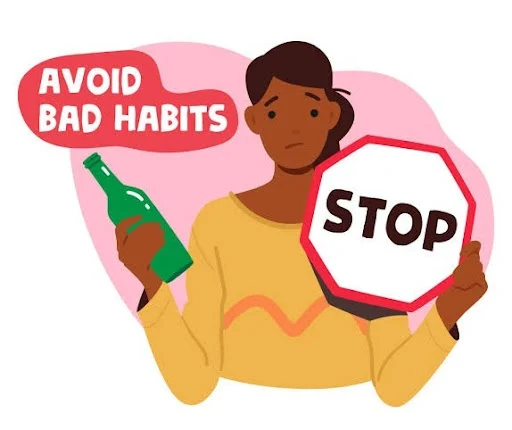1. Eat a Balanced Diet
Your body needs the right nutrients to function at its best. Focus on:
Whole foods: Include plenty of fruits, vegetables, whole grains, lean proteins, and healthy fats.
Limit processed foods: Reduce intake of added sugars, refined carbs, and unhealthy fats.
Stay hydrated: Aim to drink at least 6-8 glasses of water per day.
A balanced diet fuels your body and mind, boosts immunity, and lowers the risk of chronic diseases.
2. Move Your Body Daily
Exercise isn't just about weight loss—it’s a cornerstone of physical and mental health.
Aim for at least 30 minutes of moderate activity most days.
Mix cardio, strength training, and flexibility workouts.
Choose activities you enjoy, like walking, dancing, or swimming.
Staying active helps reduce stress, improve sleep, and maintain a healthy heart and muscles.
3. Prioritize Sleep
Sleep is vital for recovery and cognitive function.
Aim for 7–9 hours of sleep per night.
Keep a consistent sleep schedule, even on weekends.
Create a bedtime routine and limit screen time before sleep.
Good sleep improves mood, memory, and overall energy levels.
4. Manage Stress Mindfully
Chronic stress affects both physical and mental health. Try:
Meditation and deep breathing
Spending time in nature
Journaling or talking to a friend
Finding healthy ways to cope with stress can greatly improve your quality of life.
5. Build Strong Relationships
Social connections play a big role in emotional health.
Make time for family and friends.
Join a club, group, or community that shares your interests.
Practice empathy and active listening.
A strong support system can help you navigate life’s ups and downs more easily.
6. Limit Harmful Habits
To maintain long-term health, avoid:
Smoking or vaping
Excessive alcohol consumption
Overuse of screens and social media
Replacing harmful habits with healthier alternatives can significantly enhance your well-being.
7. Stay Preventive and Proactive
Visit your doctor for regular checkups.
Stay up to date with vaccines and screenings.
Listen to your body and seek help when needed.
Preventive care helps you catch health issues early and stay on track.
Conclusion
Living a healthy life is a lifelong commitment to making choices that support your body and mind. You don’t have to be perfect—progress is what matters. Start with small, manageable changes, and over time, they’ll add up to a big difference in how you feel and live every day.




Comments
Post a Comment